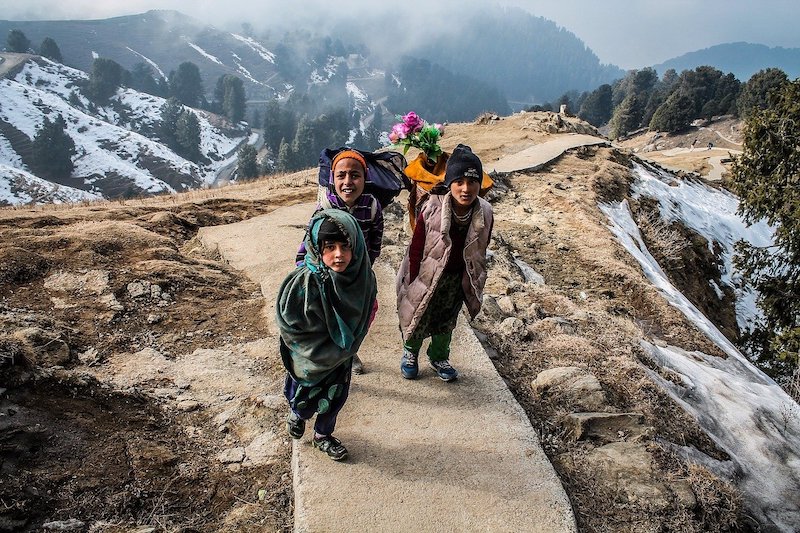
(TAN): Sustainable tourism plays a key role in boosting livelihoods, poverty alleviation, and environmental conservation in mountainous areas, according to a new report launched by the Food and Agriculture Organization of the United Nations (FAO) and UNWTO at an International Mountain Day 2021 celebration event.
Mountain tourism – Towards a more sustainable path, jointly developed by FAO, the Mountain Partnership Secretariat and the United Nations World Tourism Organization (UNWTO), highlights the role of tourism in the sustainable development of mountain regions. The publication features examples of innovation, best practices and initiatives from all over the world, as well as practical guidelines and recommendations in the context of building back better for sustainable mountain tourism.
[ALSO READ: Marriott Bonvoy’s ‘The Luxury Collection Hotels & Resorts’ debuts in Madrid]
“For many mountain communities, tourism is their livelihood,” FAO Director-General QU Dongyu stressed at the event. “Promoting sustainable eco-tourism, agri-tourism and wellness tourism can help generate new jobs, diversify income, build robust micro-economies and revitalize products and services.”
“Sustainable tourism can serve as an important driver of socio-economic development in mountain areas. Well managed, community-based tourism increases and diversifies household incomes, enhances job and livelihood opportunities, supports traditional systems, builds resilience and helps to conserve and promote natural and cultural heritage across landscapes,” said UNWTO Secretary-General Zurab Pololikashvili.
The United Nations has designated December 11 as International Mountain Day, with FAO as the lead agency for its coordination. Celebrated every year, it creates awareness about the importance of mountains to life, highlighting the opportunities and constraints in mountain development and building alliances that will bring positive change to mountain people and environments around the world.
[ALSO READ: Garuda Indonesia, Singapore Airlines partner to promote inbound tourism into Indonesia]
With mountain destinations attracting around 15–20% of global tourism, International Mountain Day 2021’s theme of sustainable mountain tourism recognizes the sector’s role in valuing the natural and cultural heritage of mountains and mountain people, promoting sustainable food systems, and protecting mountain ecosystems and their biodiversity.
The Year’s theme also draws attention to the impacts of the Covid-19 pandemic, and how it can be an opportunity to rebuild mountain tourism in a greener and more sustainable and inclusive way. This means ensuring community empowerment, effective measurement of the impact of tourism in mountains, the effective management of resources and waste, and the definition of carrying capacity for destinations.
According to the study, sustainable mountain tourism products and services should shift from high-impact tourism to low-impact, climate-sensitive ones, and create new opportunities, bringing tangible benefits to local communities, while helping to enhance the conservation of the unique mountain heritage.
[ALSO READ: IHCL opens 11 new Qmin outlets across Bengaluru]
They should also be inclusive, providing a good quality of employment and decent work. The publication highlights projects from across the world that are doing just that, including in the Cordillera region of the Philippines, where the country’s Department of Tourism, the Mountain Partnership Secretariat and Slow Food are connecting tourism service providers to small-scale producers so visitors can discover high-quality mountain products, and ‘astrostays’ in the Himalayas, which are homestays provided by local communities that include stargazing activities.




